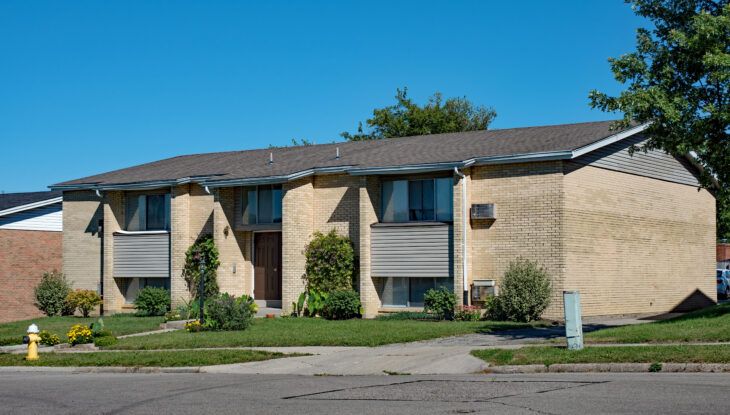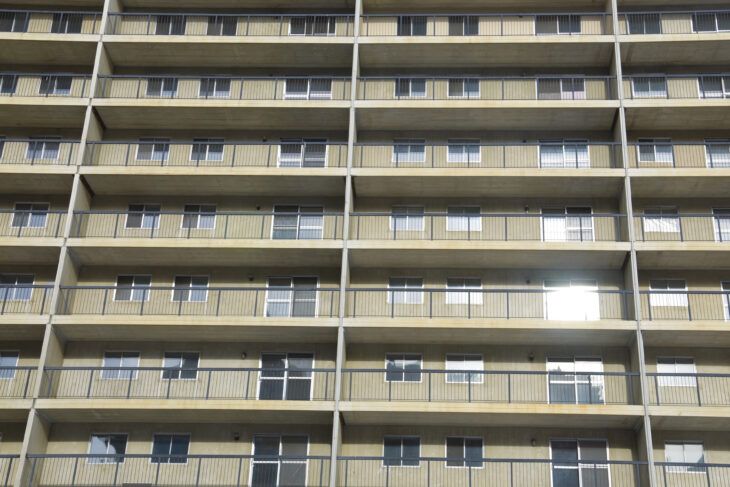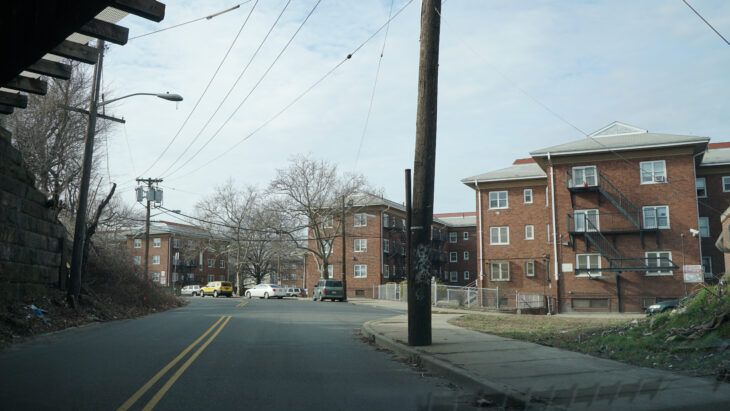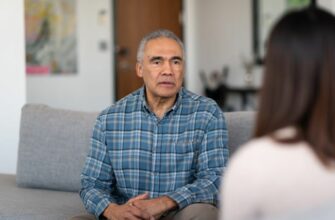Retirement is supposed to be an enjoyable time. You should be mindful of but shouldn’t have to worry about your finances. Certainly, you shouldn’t need to worry about your housing situation. Unfortunately, this is the case for too many seniors. If you find yourself in this situation, you are not alone. Luckily, there are many government programs designed to help seniors with housing costs.
In July 2021, the average Social Security benefit for seniors was $1,556.72. If you prorate this figure over the course of a year, that means the average retired worker in America will receive $18,680.64 per year. It’s a nice gesture, but certainly not an amount you can comfortably live on. With the uncertainty of how long your retirement savings will need to last, it’s nice to know that there are some government housing programs to help.
Let’s take a look at the eight government home programs that seniors need to know about.
Single Family Housing Repair Loans & Grants
If you are a homeowner, live in the home as your primary residence, are unable to obtain affordable credit elsewhere, and have a family income 50% below the median income in your area, you can apply for a Single Family Housing Repair Loan to repair, improve, or modernize your home.
If you satisfy the above conditions and are above the age of 62, you can apply for a grant that does not need to be repaid. If successful with a grant application, the grant must be used to remove health and safety hazards at your residence. The maximum grant available is $7,500.
The maximum available loan is $20,000. The loan can be repaid over the course of 20 years and has a fixed interest rate of 1%. If you are eligible for both the loan and grant you can apply for both to receive a maximum value of $27,500.
You can apply for this program through your local Rural Development office.
Low Income Home Energy Assistance Program (LIHEAP)
The Low Income Home Energy Assistance Program (LIHEAP) is designed to help homeowners and their families manage costs associated with energy bills and energy-related home repairs. This program can help ensure that your home is prepared to battle the cold of winter and the heat of summer.
To be eligible for this program you must need financial assistance to cover home energy costs. If you already participate in other government assistance programs like SNAP, SSI, or TANF, you may be automatically eligible.
To qualify, your annual household income before taxes must be below-set dollar amounts. You can see if you qualify using the tool available here.
Section 8 Housing Choice Voucher Program
The Section 8 Housing Choice Voucher Program is available for low-income residents and assists them with rental costs. Individuals get to choose their own residence and are not limited to subsidized housing projects. You can choose where you want to live so long as it meets the qualifying requirements. The owner of the rental property you choose must also agree to rent the property using the voucher program.
To be eligible for this program, you must be a U.S. citizen and have a household income that is not more than 50% of the median income in your area. Once eligibility is determined and you have selected a residence where the owner agrees to this program, the local housing authority will inspect the property to ensure it qualifies for its voucher program. Conditions can vary depending on the housing authority in your region.
Low-Income Housing Tax Credit (LIHTC)
Some properties are earmarked for low-income residents. Developers and investors are given tax credits under the Low-Income Housing Tax Credit (LIHTC) program to set aside units for low-income tenants.
If you meet the low-income eligibility requirements, you can qualify for LIHTC housing. There are many LIHTC housing properties that are reserved for 55+ or 62+ communities. You can search online to view available LIHTC properties for all residents or you can elect to search for properties just for seniors.
Section 202 Supportive Housing for the Elderly Program
To qualify for the Section 202 Supportive Housing for the Elderly Program, at least one household member must be 62 years of age or older. There is no citizenship requirement to qualify for the Section 202 program. The household must have an income that does not exceed 50% of the area’s median income.
Successful applicants will pay 30% of their net income for rent, with the rest being subsidized by the housing program. The properties must be part of the Section 202 program to qualify for the rent subsidy.
Public Housing Authorities
It is a good idea to check with the local housing authority of your city or county. There are public housing complexes that are managed by local housing authorities where eligible tenants can stay for about 30% of their net income, including utilities.
You must qualify as a low-income resident to be eligible for public housing. Contact your local public housing authority for more information and to see what properties are available.
Home Equity Conversion Mortgage (HECM)
Another option to help you with living expenses is a Home Equity Conversion Mortgage (HECM), or reverse mortgage. If you are 62 years of age or older and own your residence outright or have a small mortgage balance, you might qualify for a reverse mortgage.
A reverse mortgage gives you a loan using the equity you have in your home. The balance of the loan is paid back upon the sale of your home. There are risks involved with borrowing money from the equity of your home and because of this, applicants must go through a course given by an approved HECM counselor.
You can speak to your lender to see if a reverse mortgage might be an option for you.
State Housing Programs
Alongside federal housing programs, most states also run their own affordable housing programs. Programs vary depending on what state you live in, but you can generally find at least one state-run program in your area. Let’s take a look at some of the programs in the states with the highest senior populations.
Florida
The Florida Housing Finance Corporation (FHFC) has many programs to assist seniors and all residents with affordable housing. Residents can use the Florida Housing Search website to search for affordable rental housing. The FHFC offers programs such as the State Housing Initiatives Partnership (SHIP), the Foreclosure Counseling Program, and the Affordable Housing Catalyst Program.
Visiting the FHFC website can point you in the right direction to find the program that fits your needs.
New York
New York has a number of options for seniors to access affordable housing. The New York Foundation for Senior Citizens has many subsidized buildings that are designed for low-income seniors.
New York City’s Senior Affordable Rental Apartments (SARA) program provides low-interest loans to seniors aged 62 or older to aid in the construction or renovation of affordable housing.
New York State’s Affordable Housing Corporation creates homeownership opportunities for low and medium-income families. Grants are provided to successful applicants to support the construction or renovation of existing housing.
California
The California Government’s Department of Social Services has a number of affordable housing programs that can be found on their website. You are sure to find something to suit your needs should you qualify for the programs.
As well, most cities in California have their own affordable housing for seniors initiatives. Check with your local city or county government to see what options might be available to you.
Search Online For More Information
Housing can be expensive. When you are no longer working and rely on retirement savings and Social Security benefits to support yourself, the last thing you want to worry about is if you can afford to continue living at your current residence. This thought can be terrifying but thankfully there are many government housing programs to make sure that you don’t slip through the cracks. Search online for more information, apply to some of the programs in your area, and continue to enjoy your retirement.

 Home
Home Health
Health Diet & Nutrition
Diet & Nutrition Living Well
Living Well More
More




















